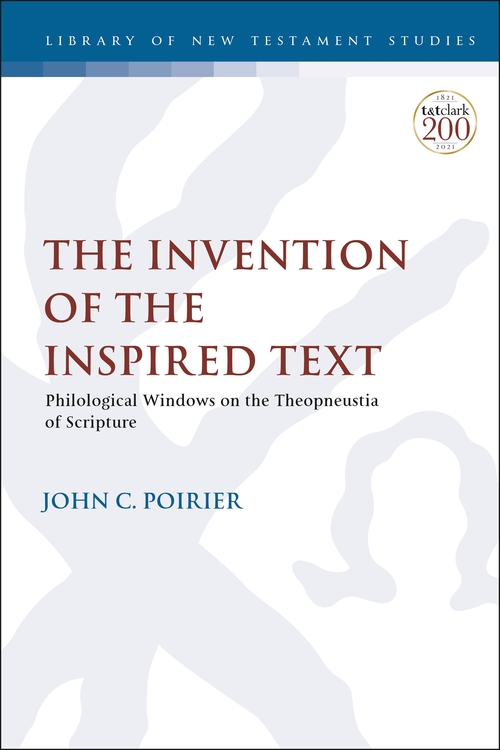Agree. Thanks for the resource suggestions.The issue of the Canon is pretty fascinating history. Some of the books I have found helpful are:
-The Old Testament Canon of the New Testament Church and Its Background in Early Judaism by Roger Beckwith
-The Canon of Scripture by F.F. Bruce
-The Question of Canon and Canon Revisited by Michael Kruger
Are you sure Bart isn't familiar with the origins of the Bible?Being ignorant of things like the origin of the biblical canon is how folks like Bart Erman are created.
/



